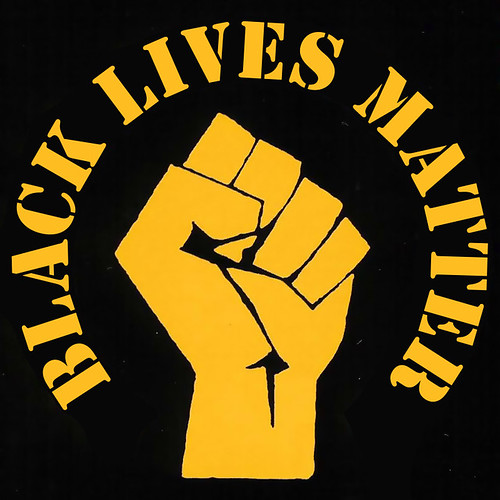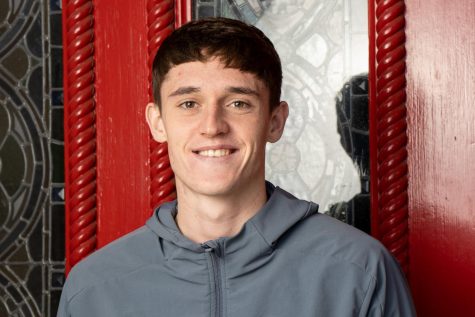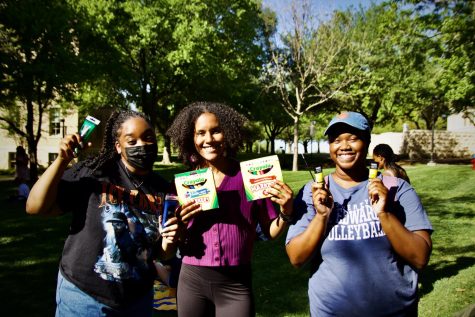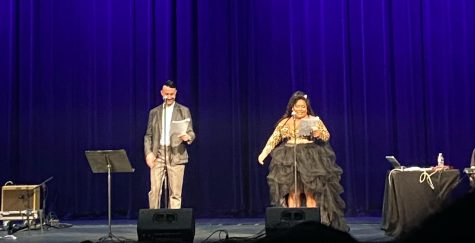Black lives still matter: Sports lead push for necessary change

The Black Lives Matter movement was founded on July 13, 2013. The social movement continues to be strong.
Across the globe, sports continue to act as a vehicle for change. In a year fraught with considerable challenges and never before seen solutions, the show must go on. Yet, aside from its entertainment value, the circumstances have allowed for an even greater spotlight on sports stars. Whether it be in echoing stadiums or deserted courses, athletes have decided that now is the right time to stand up and push for systemic change. Black lives still matter.
Throughout her victorious U.S. Open campaign earlier in September, tennis sensation Naomi Osaka lived up to her lofty reputation as not only one of the most exciting players on the court, but as a social ambassador off it. At just 22 years old, Osaka has hurled herself towards the front of a socially conscious generation of professional athletes who refuse to pass up the opportunity to use their extraordinary influence as a means for good.
Before and after each of the seven matches she played in as she progressed in New York, Osaka, who is of Japanese and Haitian descent, wore a face mask of a different African-American person who had been killed. It was a show of defiance, tiredness and clarity. What’s more, it is having an impact not only on tennis fans in the United States, but back home in Japan, where national TV coverage of the tournament included a contextual introduction to each of the people on Osaka’s masks.
Osaka’s activism at Flushing Meadows came after she pulled out of the Western and Southern Open semi-final in protest of the shooting of Jacob Blake in Wisconsin. Similarly persistent in his protesting is Formula 1 World Champion Lewis Hamilton, who, like fellow Brit and heavyweight champion Anthony Joshua, attended a Black Lives Matter protest in Hyde Park, London in June.
The latest of his high-profile protests (wearing a t-shirt with the message “Arrest the Cops who Killed Breonna Taylor,” another victim of police brutality) is under investigation by the sport’s governing body, FIA. In displaying the t-shirt at the Tuscan Grand Prix, Hamilton “broke rules” before later defending his actions: “I’ve been wanting to bring awareness to the fact there are people being killed on the street,” Hamilton said. “And someone was killed in her own house and they were in the wrong house and those guys are still walking free.”
The protests have reached all corners of America as well as deep into the sporting realm. Images of actions such as taking a knee have become commonplace as opposed to isolated incidents. The message is being heard.
LeBron James has been a prominent figure in the NBA and the wider sporting world’s ongoing fight — one which has seen teams boycott games and regularly wear pre-game t-shirts in support of the movement — and has spoken both eloquently and forcefully on the topic. In August, having first tweeted in reaction to the video of Jacob Blake’s shooting circulating the internet, James said, “Having two boys of my own and me being African American in America and to see what continues to happen with the police brutality towards my kind…it’s very troubling. It’s very troubling. My prayers go to that family, and hopefully we can have some change.” James and his allies have also been supported by their female counterparts in the WNBA.
There are, however, complications. Last Monday, English soccer manager Mark Warburton was quoted saying that “the power of the message is being diluted” regarding his Queens Park Rangers team’s decision not to take a knee at the start of games, as has become standard practice.
“QPR as a club works to make positive change,” Warburton said. But does he have a point regarding the “token gesture” of kneeling before games? There may not be a unanimous answer to the question concerning all sports, but his intimation is that joking around with team mates and/or opponents before kneeling on the whistle — for eight to nine seconds, reflecting the eight minutes and 46 seconds leading to George Floyd death in May — was meaningless and fleeting.
Positive change, undoubtedly, is what the majority of players, teams and fans alike aspire to. So what more can the world of sports do? While they are unlikely to fade into the background any time soon, it would surely be unfair to question the validity of how different people choose to go about protesting. Protests raise awareness, which will hopefully lead to institutionalized change at a higher level.
In the meantime, sports are doing all they can to reinforce a vitally important message that must not be forgotten: Black lives still matter.

Hi! I am George Murray, one of the Sports Editors at Hilltop Views. I am an english literature major and journalism & digital media minor graduating...











